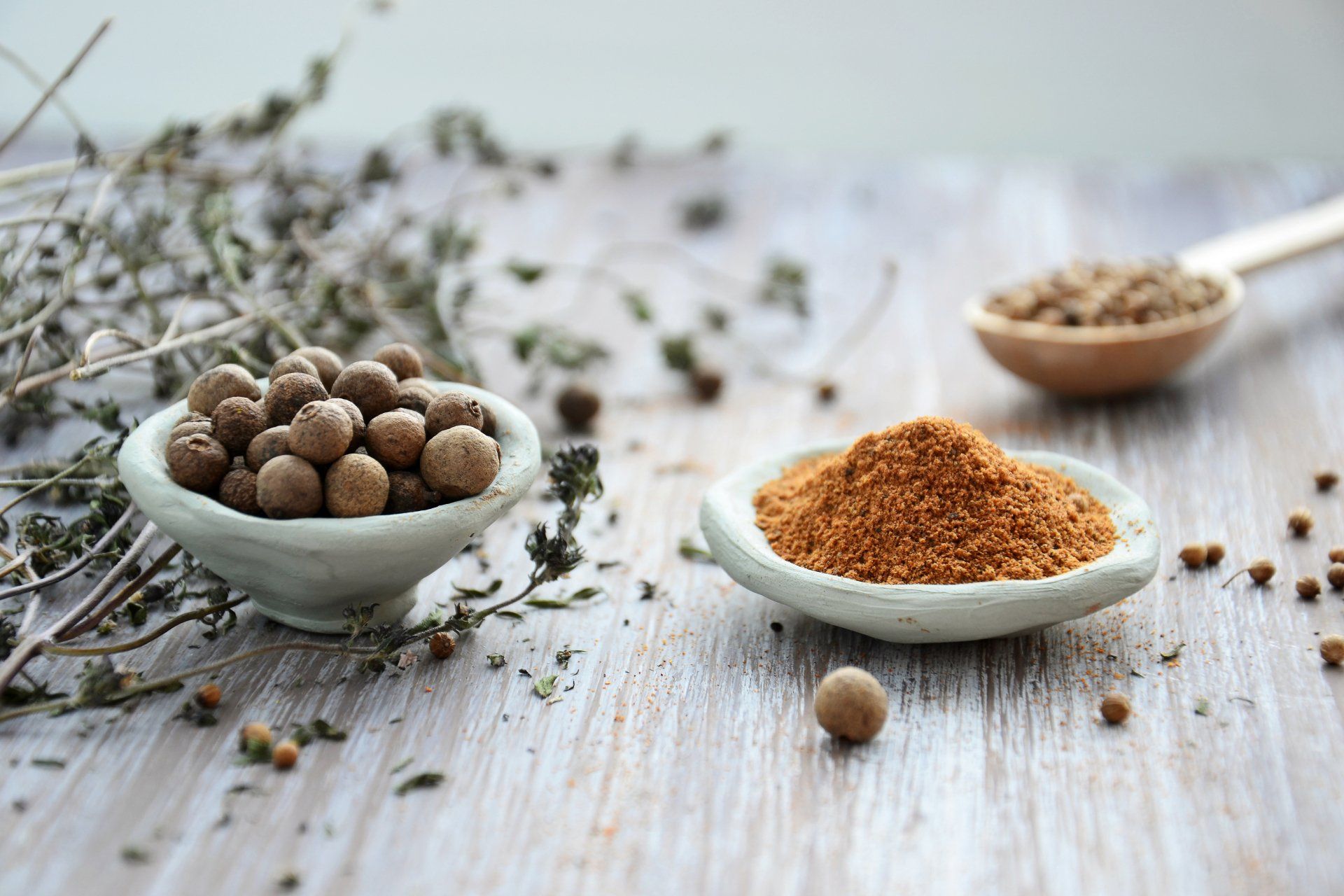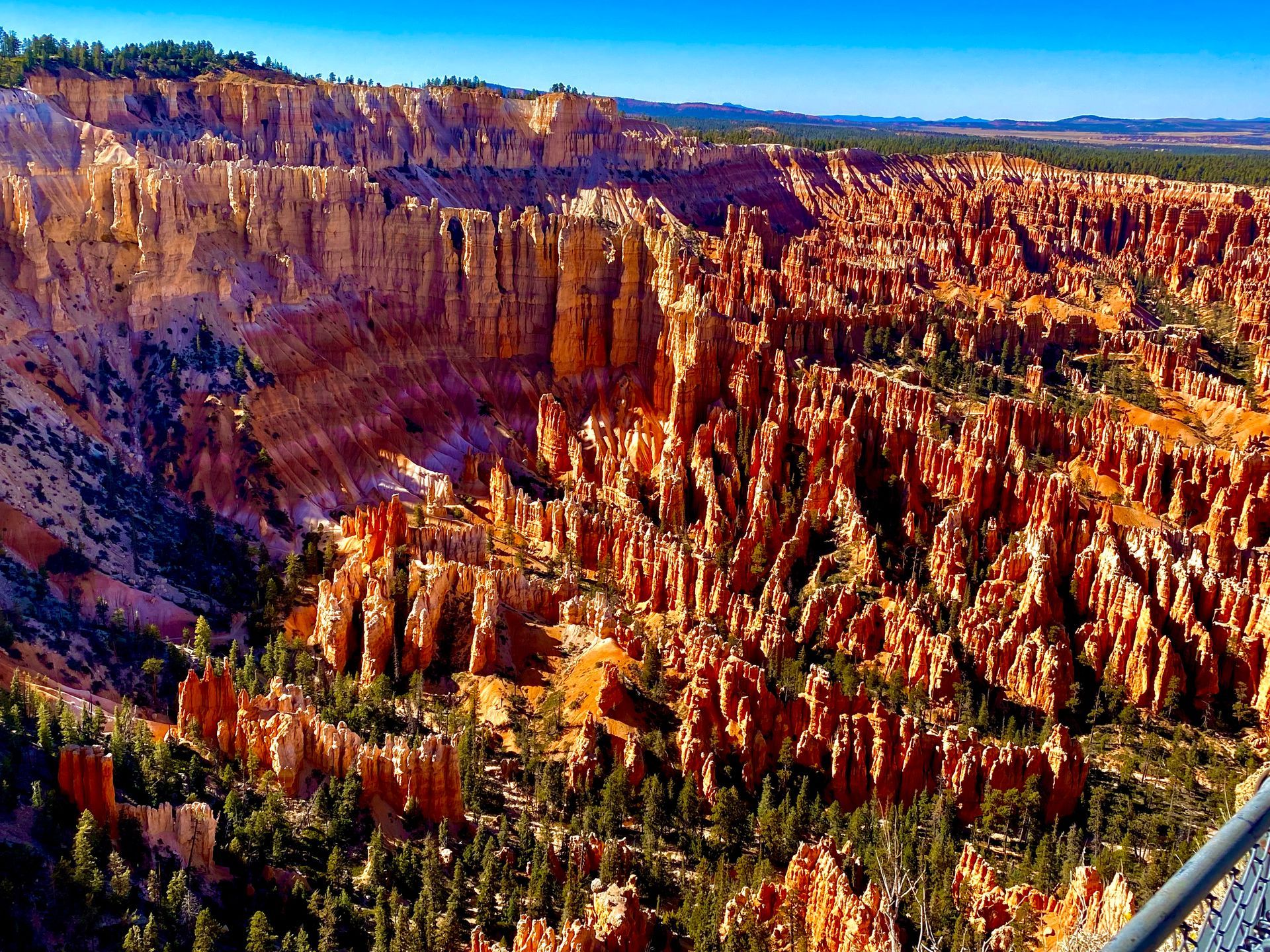How to use spices in your cooking
How to use spices in your cooking!

Spices are one of the most interesting and powerful ingredients in cooking. Whether you've got a bottle of dried herbs sitting at the back of your pantry or a drawer full of fresh curry leaves, spices are essential for adding flavor and variety to any dish. But how do you use them correctly? What's the best way to store them so they last longer? What about grinding your own spices? In this article, we'll answer all these questions and more so that you can start cooking with confidence!
How to tell if a spice is old.
The shelf life of a spice is typically anywhere between one and three years. If you aren't sure if your spices are still fresh, here's a quick way to check:
- Smell the bottle for any signs of staleness or rancidity. If the spices smell stale or musty, it's time to toss them out (or at least find an alternate way to use them).
- Look at the color of the spice itself—if it has turned yellowish or brownish from age and oxidation, that's another sign that your jar needs to be tossed in favor of fresher ingredients.
When to use spices.
If you're using spices to enhance the flavors of your dish, then it's best to use them at the end of cooking or just before serving. Spices should also be added in small quantities. If you add too much and don't like it, you might have to throw away all your food!
If you're using fresh herbs, it's best to add them at the very end of cooking. This will ensure that the herbs still have their flavor and aroma.
How to grind your own spices.
There are two ways to grind your own spices—with a coffee grinder or in a mortar and pestle. A coffee grinder will give you ground spices that are fresh, flavorful and perfect for cooking. But if you don't have one on hand or want to avoid buying new kitchen equipment, the mortar and pestle method is an excellent alternative. The point of this exercise is to release the essential oils locked inside the seeds by crushing them up with something hard. This is most easily accomplished by grinding them in small batches in either tool until they're fine enough to sprinkle over your food just before serving it up hot off the stovetop!
How to store spices.
Now that you know how to use spices in cooking, it's time to make sure your spices are as fresh and flavorful as possible. It can be tempting just to store them under your kitchen sink, but here are some tips for keeping them at their best:
- Store spices in a cool, dry place. Ideally, this would be an area without direct sunlight or heat sources such as stovetops or ovens—but if that isn't possible for whatever reason (or if you just don't have enough room for all those jars), try keeping them out of direct sunlight and in an airtight container like a glass jar with a lid or plastic storage container with tight fitting lids.
- Don't refrigerate dried herbs or ground spices! They're best stored at room temperature—don't use the fridge unless they've already been opened and exposed to moisture (then they should sit inside an airtight container).
Spices can add flavor and variety to your cooking
Spices can add flavor and variety to your cooking, but they're often expensive. It's best to buy them in small quantities so you don't waste any—but because they're so flavorful, it's important not to buy too much at once.
Spices should be stored in airtight containers in a cool place away from sunlight; on the countertop is typically fine as long as you keep them out of direct sunlight. Don't store spices in the refrigerator; this will cause them to lose their flavor faster.
Conclusion
Spices can be a great addition to your cooking. Experiment with different spices and see what you like. You can also use them with meat, vegetables or rice to add flavor and variety.
Using Social Media to Make Money Online, Digital marketing, travel tips and destination ideas, saving money




